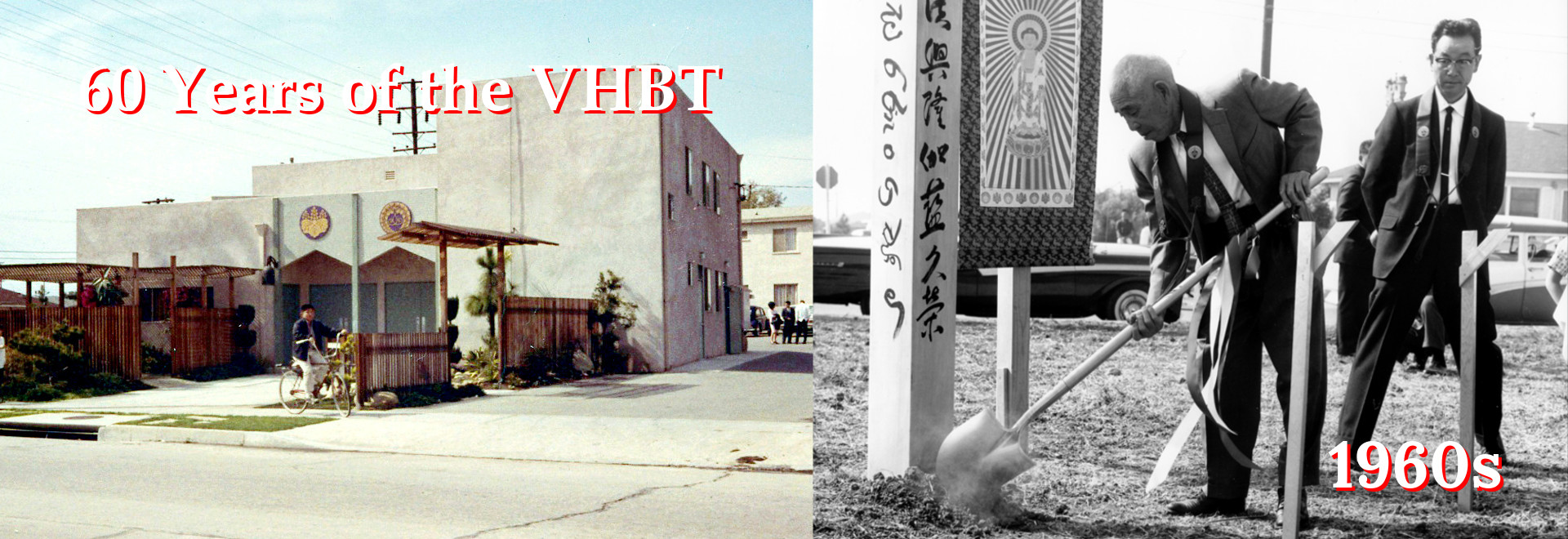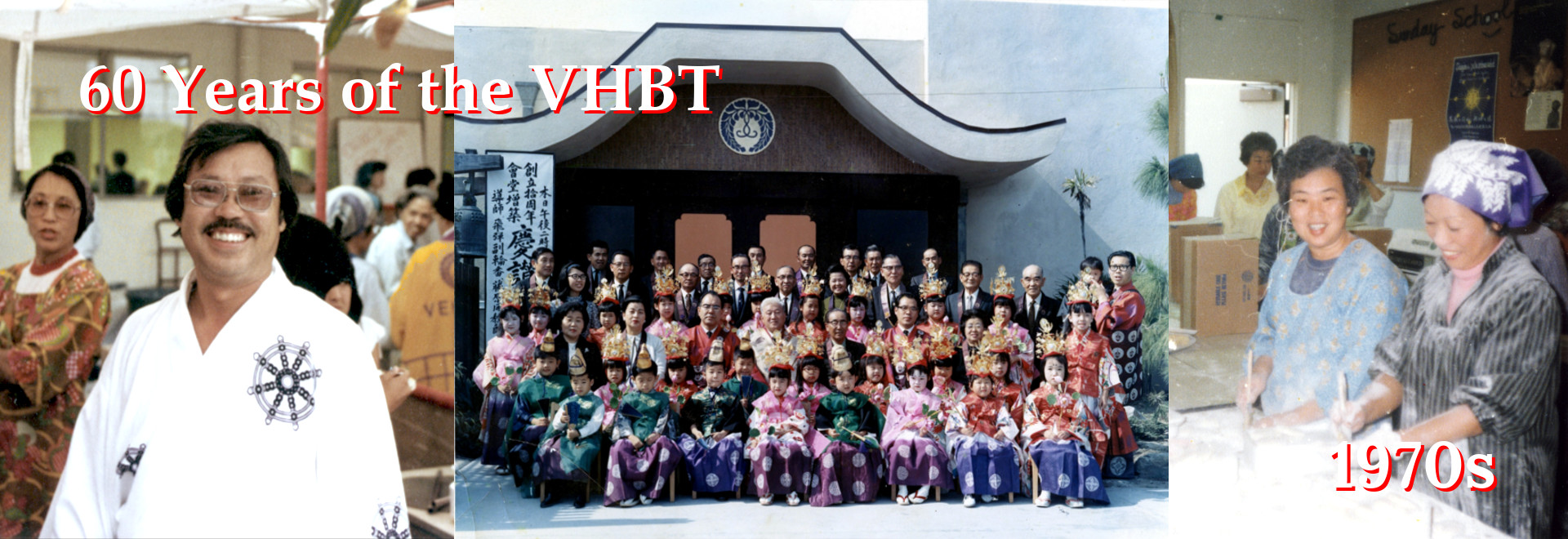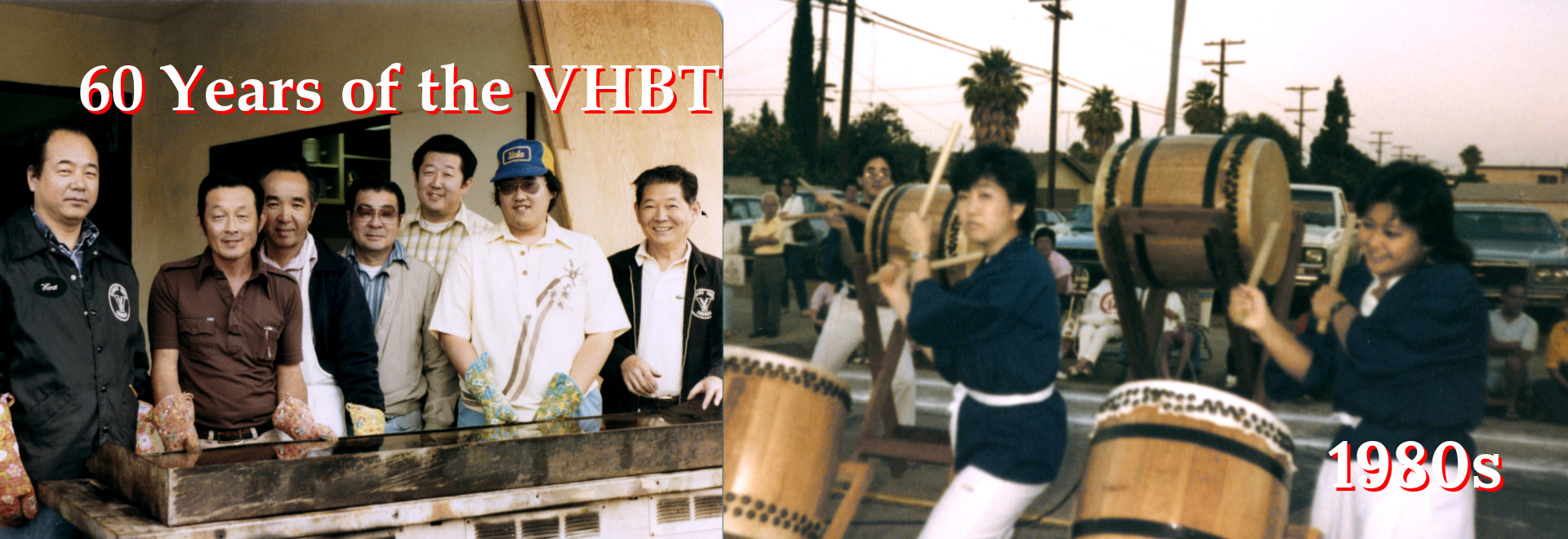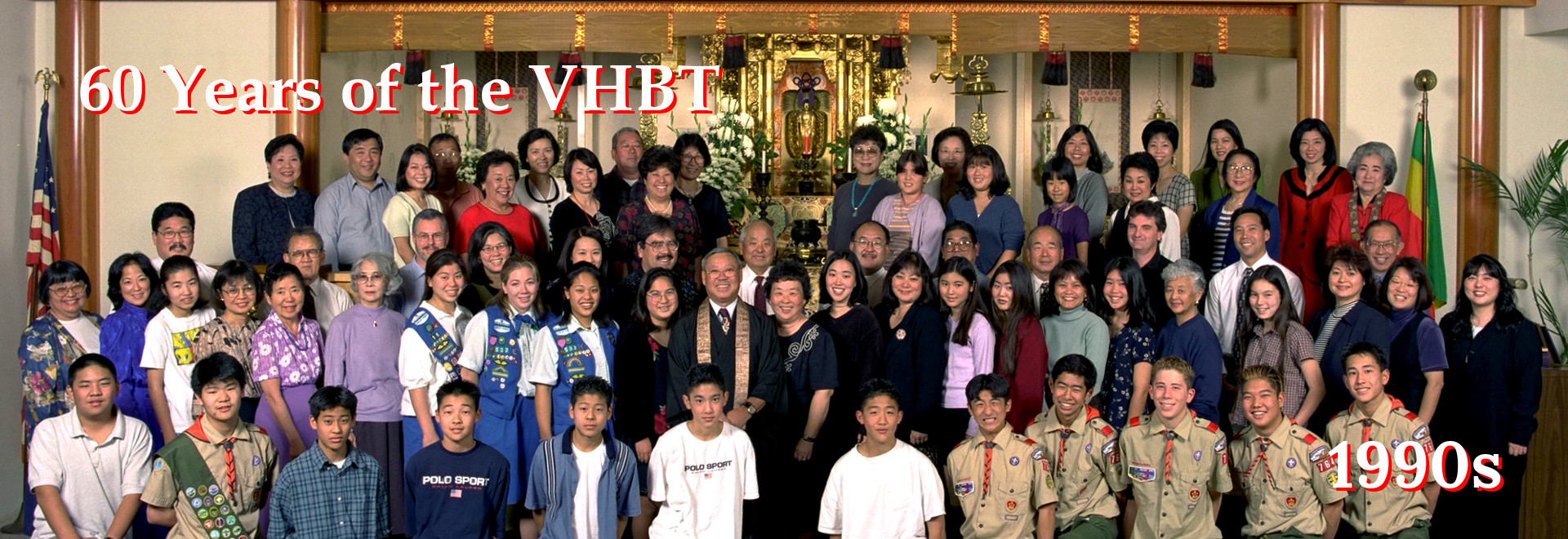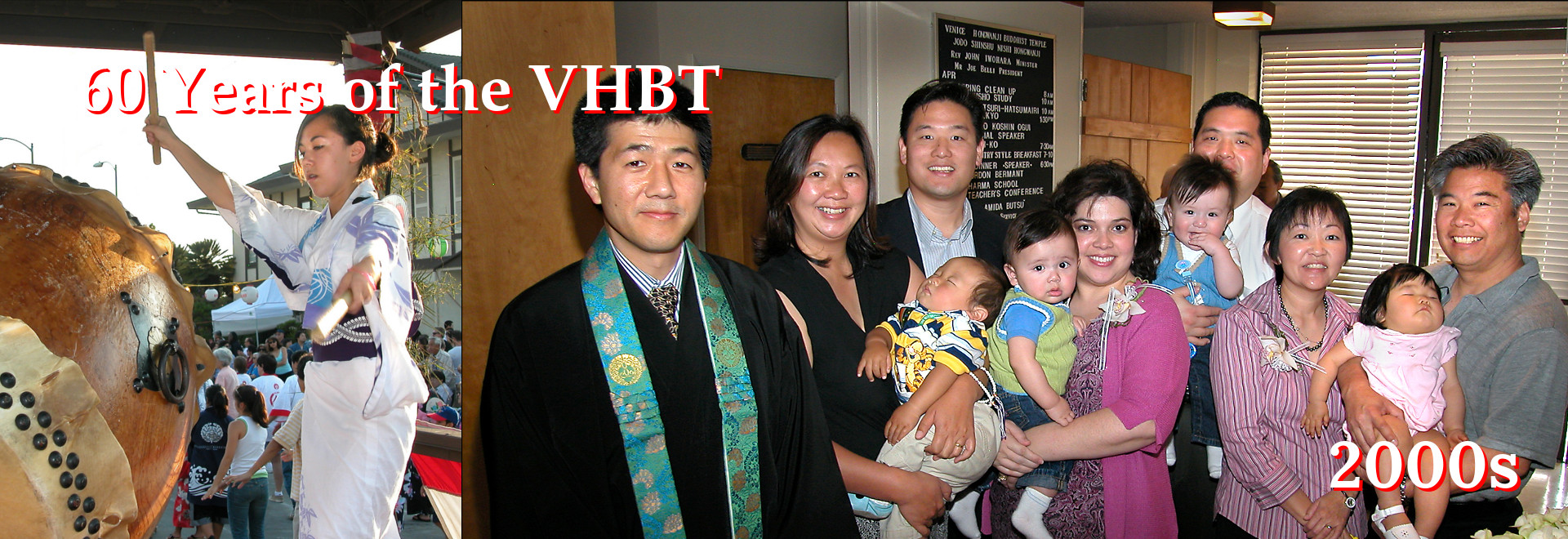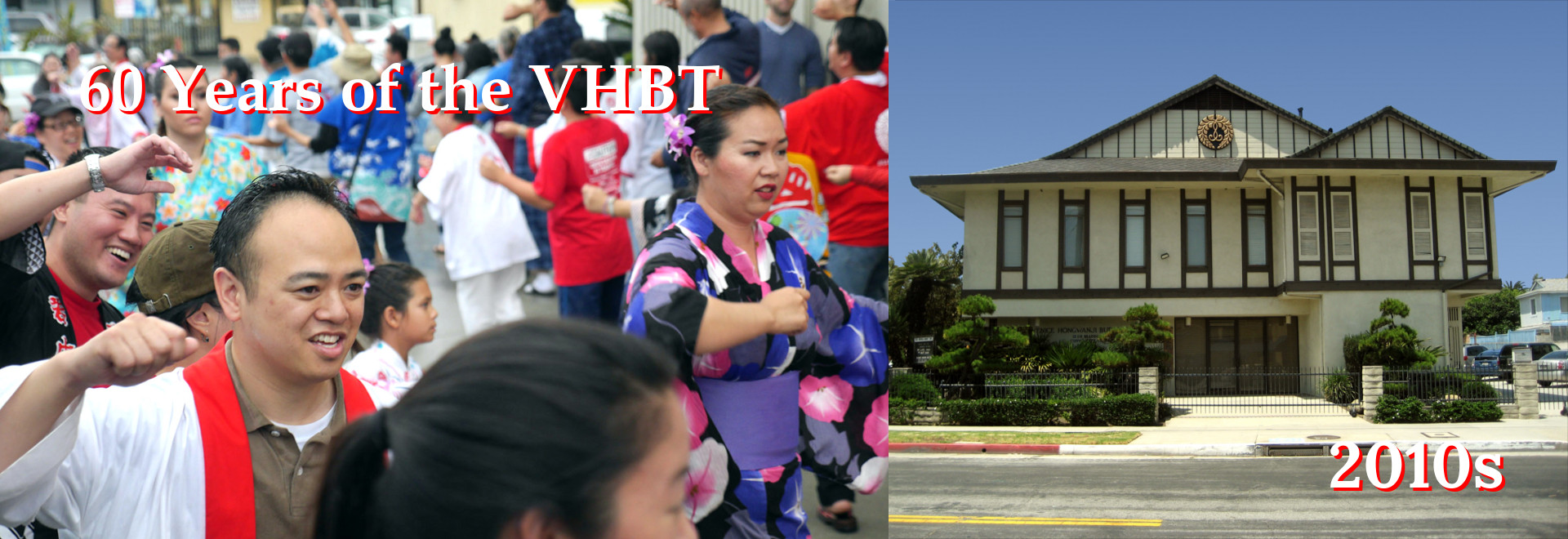What is the difference between proselytizing versus propagating from a Jodo Shinshu perspective? In other words, “What does it mean to propagate in Jodo Shinshu, especially in light of the fact that Jodo Shinshu Buddhists seem to take great care in saying that they don’t proselytize?”
One of the unique features of Jodo Shinshu, and one of its many strengths, is the fact that Jodo Shinshu has always embraced family and family life. Jodo Shinshu temples reflect this strength and, because of this, temples devote a lot of time and energy on the youth and programs directed towards them. For example, it is not unusual for a Jodo Shinshu temple to have a Dharma School program that covers the K-12 grades, a Sangha Teens program dedicated to middle-school students, a Jr. YBA for senior high-school students, and scouting programs such as Cub Scouts, Girl Scouts and Boy Scouts. One expression that is often heard to rally the temple and its supporters is, “For our children, for the youth.”
This is a particularly effective rally call because we want to give our children, our youth, all the wonderful things that we have received. To accomplish this, we all work very hard to ensure that the Nembutsu and the temple is one of those things that we pass on to them. This desire, the desire to propagate, was one of the organizing principles behind the Buddhist Churches of America’s (BCA) revamped Dharma School program of over a decade ago. At that time, the BCA, as a system, introduced the expression Ji-shin-kyo-nin-shin (自信教人信) or “To have faith (shinjin) one’s self and to teach others to have faith” to its membership and, in particular, to all the Dharma School teachers found throughout the BCA and its temples.
Quoting the passage more fully, however, Shinran Shonin records for us in his Kyogyoshinsho:
To realize shinjin oneself and to guide others to shinjin
Is among difficult things yet even more difficult.
To awaken beings everywhere to great compassion
Is truly to respond in gratitude to the Buddha’s benevolence.
[from Collected Works of Shinran (CWS), p. 120]
In this quote, Shinran Shonin helps us to see that propagation is a response to the gratitude we feel towards the Buddha’s benevolence. We want to pass it on, because of the great value we have found in our lives because of the Nembutsu: it is among difficult things yet even more difficult.
On the other hand, however, Shinran Shonin is also quoted as saying:
When I consider deeply the Vow of Amida, which arose from five kalpas of profound thought, I realize that it was entirely for the sake of myself alone! Then how I am filled with gratitude for the Primal Vow, in which Amida resolved to save me, though I am burdened with such heavy karma
[from Tannisho. Translation from CWS, p. 679]
Although it goes without saying that Shinran Shonin propagated (if he didn’t, Jodo Shinshu would not exist today), what does it mean for him to have said that it was for himself alone? Can a person burdened with heavy karma propagate? Would we follow somebody who states that his desires are countless, and that his anger, wrath, jealousy, and envy are overwhelming, and that he can’t stop it (see Notes on Once-Calling and Many-Calling, CWS, p. 488)?
Chances are we would not. It is perhaps from this point of view that proselytizing is not something that Jodo Shinshu is geared towards accomplishing. Given that we would probably not want to listen to or follow a person of heavy karma, how did Jodo Shinshu become something that I could meet, and something that I would want? How did it propagate? In the declaration that the Vow of Amida was “entirely for the sake of myself alone” and statements like, “I do not have even a single disciple” (CWS, p. 664), Shinran Shonin is telling us that the Nembutsu is not something he can give us. Instead, all he can do is share his joy in knowing that he is “embraced and not forsaken.” He shares his joy of knowing that his life matters because everything the Buddha has done was all for him. At the temple, hopefully we are able to discover that talking about and sharing the Nembutsu, meeting others, working and playing, laughing and crying is all there just so that I can receive and hear the Nembutsu. Recognizing this and awakening to the great compassion I am a part of, is how we can respond in gratitude to the Buddha’s benevolence. We are able to declare, “How glad I am to have been born.” Because we are burdened with heavy karma, this is among difficult things, yet even more difficult.
Rev. John Iwohara
November, 2012
